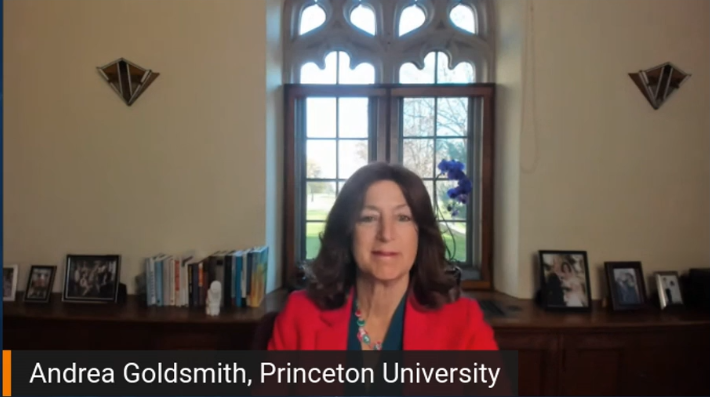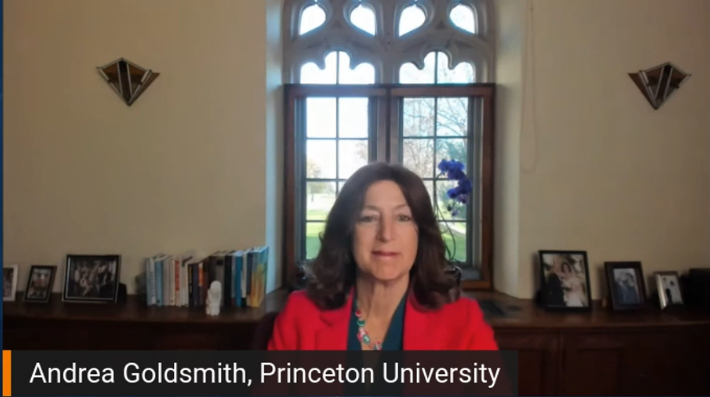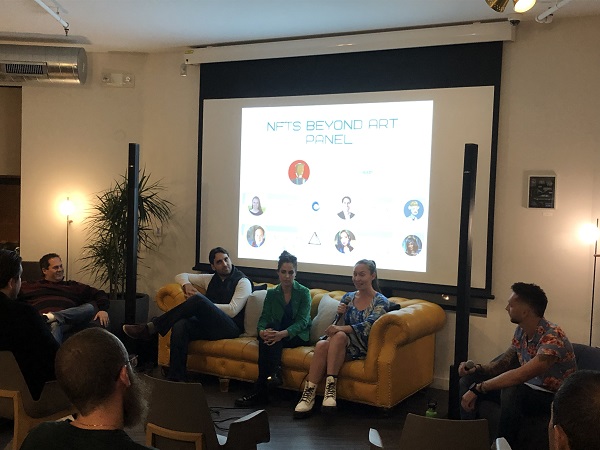Princeton University’s New Initiative Explores the Impact of Blockchain on Decentralization of Power
Princeton University received a major contribution to its Venture Forward campaign, which will enable the university to convene scholars across disciplines to discuss and better understand the potential benefits and societal pitfalls of blockchain. The university will focus this initiative on blockchain and its potential to disrupt and redistribute power in society.
In a release, Princeton explained what is behind the new initiative. “The rise of cryptocurrencies – digital money with no central governing organization – has followed waves of earlier technological revolutions, from the printing press to the internet, each of which has ushered in profound shifts in the distribution of political and economic power in society.
“Blockchain, the technology behind cryptocurrencies, does not operate under central control, opening the possibility of innovations and societal change beyond cryptocurrencies, including new types of contracts and communications platforms.”
“Technology has always disrupted power, but blockchain is a new platform for doing so,” said Andrea Goldsmith, dean of the School of Engineering and Applied Science. “It is very exciting and important to think broadly and deeply about the applications it enables as we also generate innovations that push the boundaries of the technology itself.”
Jaswinder Pal Singh, professor of computer science, who is leading the initiative, said, “We are at a very early stage in understanding the opportunities and challenges associated with these technologies and their applications,” Singh, who also is a cofounder of a blockchain-based company, added, “The decentralization of trust [one element of blockchain] may be just as powerful and transformative as the worldwide web. It may transform existing systems and lead to new applications that we cannot even imagine today, with far-reaching impact for society. We need to be engaged, not just in the technology and its uses, but also in the economics, governance and policies associated with them, and to do so together with industry. Getting it right will require fundamental, interdisciplinary research, and education, and close engagement with the fast-moving startup community.”
The initiative will be based at the School of Engineering and Applied Science, and will engage innovators and scholars across the social sciences, public policy, economics and the humanities, Princeton stated. It will accelerate fundamental research, not only on the underlying technologies of decentralization, but also on the societal impacts of those technologies. This work will create a vibrant environment for teaching and learning around these technologies and their impacts, the university said.
The initiative received initial funding from four alumni who are leaders in technology, investing and blockchain. The donors are: Peter L. Briger Jr., a 1986 graduate and principal and co-CEO of Fortress Investment Group (New York); Joseph M. Lubin, a 1987 graduate and a cofounder of the blockchain and cryptocurrency platform Ethereum (Zug, Switzerland) and founder and CEO of ConsenSys (Brooklyn, N.Y.), a blockchain company; Daniel W. Morehead, a 1987 graduate and founder and CEO of Pantera Capital (New York); and Michael E. Novogratz, a 1987 graduate and founder and CEO of Galaxy Digital (New York).
According to Singh, “It has been a longstanding problem in computer science: How to get agreement or consensus among a distributed set of entities who don’t trust one another. How do you get them to agree that something is the truth? The bitcoin blockchain solved that problem in an innovative and powerful way. It has, for the first time, allowed people to agree that something has happened and to achieve the necessary trust without the need for a centralized authority, with code that is visible to everyone.
Goldsmith added that Princeton researchers will partner with external entities, including technology companies, to move innovations into the market, while regularly convening academics and thought leaders to consider the impacts of such technologies.




